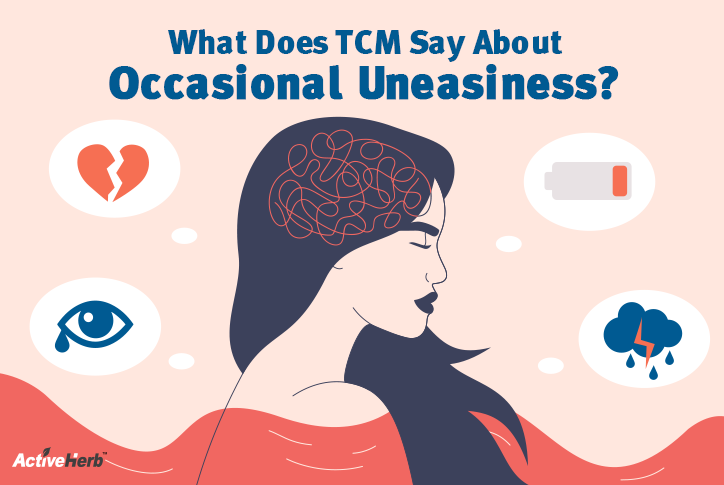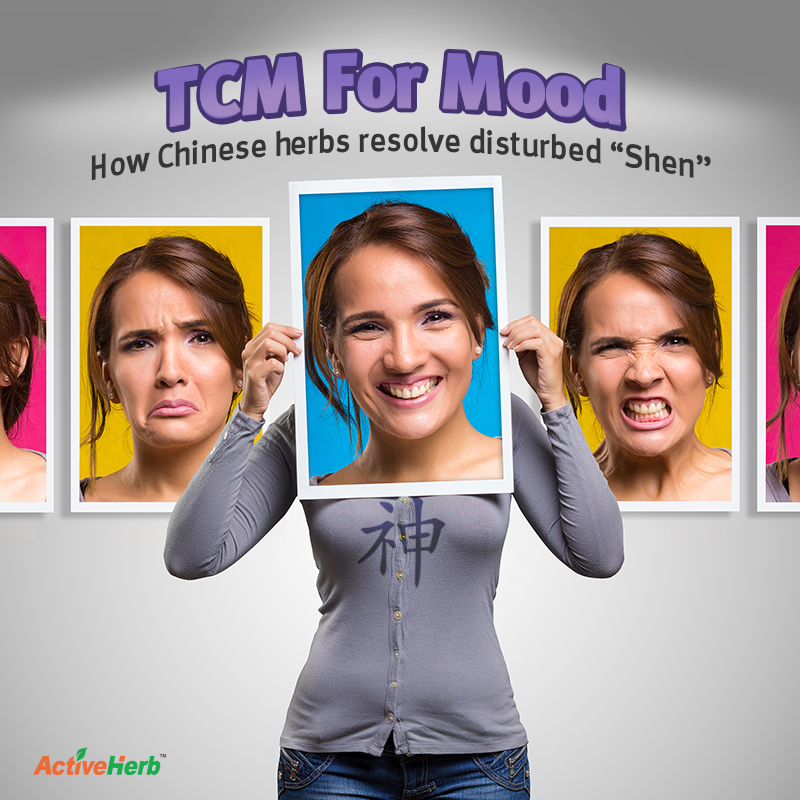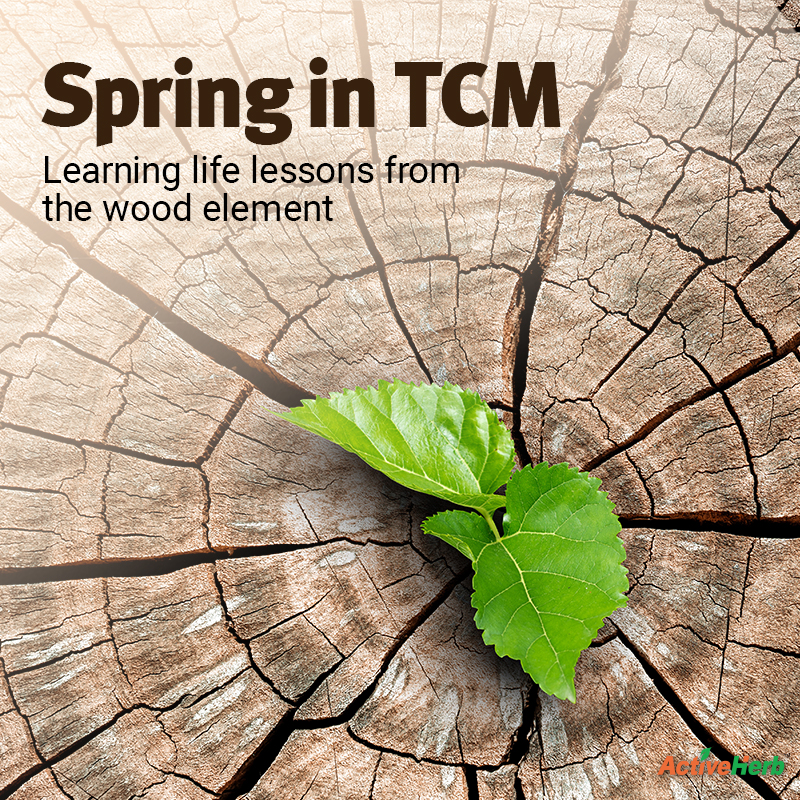What Does TCM Say About Occasional Uneasiness?

It’s no wonder most of us have occasional uneasiness. Worrying about bills… Worrying about work… Not knowing if the world will be inhabitable tomorrow morning as nuclear powers face off against each other… And as if that’s not enough, there’s relationship- and family-disharmony that’s keeping you up at night.
If these and other issues that make you fret are interfering with your quality of life, you’re certainly not alone. Experiencing occasional uneasiness is part of the human experience. But if it’s getting the better of you, how can turning to traditional Chinese Medicine (TCM) help?
The Seven Emotions of TCM
It’s true. Flip through the pages of the Yellow Emperor’s Classic of Medicine or Shen Nong’s Herbal Classic and you won’t come across any mention of the “A” word. But what you will find mentioned are these seven fundamental emotions:
- Grief
- Melancholy
- Fear
- Fright
- Anger
- Joy
- Worry
Life is hard, ain’t it, when only one out of the seven emotions is positive. But back when these ancient texts were written, life was indeed very challenging. Almost everybody was engaged in back-breaking farming, dying in a state of virtual penury. However, even though our modern society provides us with convenience and more abundance than Chinese peasants, far too many of us experience one or more of the negative six emotions.
And even though the TCM classic texts don’t mention occasional anxiety, four of these emotions are tied to it: fear; grief; worry and anger.
The 4 Symptoms of Negative Emotions in TCM
In Western medicine, having one or more of these four emotions is associated with feeling tired; muscle tension; difficulty concentrating; and occasional sleeplessness, among other signs.
TCM, on the other hand, has four diagnostic patterns associated with what we would today call excessive worrying: Jing Ji (loosely translated: palpitations caused by fear); Zang Zao (feeling agitated); Fan Zao (the inability to ease or calm the mind); and Zheng Chong (a throbbing sensation caused by panic).
In general, TCM views these emotional imbalances as disharmony of the Shan You Si. And these imbalances are thought to affect the so-called Zang organs of TCM, which have regulating functions.
The 5 Zang organs are: Heart, Spleen, Liver, Lung, Kidney. It’s the Heart system that stores a person’s spirit or Shen. The negative emotion of the Liver channel, according to TCM, is anger; Spleen = worry, Kidney with fear; and Lung with grief. When we know which organ system (or systems) is operating in a state of imbalance, TCM herbal formulas (and/or acupuncture and other modalities) may restore homeostasis to the body. And in turn, homeostasis breeds a more stable mood.
In general, the four emotions tied to what we would contemporarily call occasional uneasiness—fear, grief, anger and worry—cause our Qi to literally plummet in our body. And it’s not just the loss of energy that’s problematic. Also a concern is that Qi sinks. In other words, with excess worry, etc. we feel weighed down. In TCM theory, that’s precisely what’s happening—the Qi sinks in our body and stagnates, making us feel weighed down.
The exception to this theory is anger, which makes Qi rise. That’s why we feel like the vein in our head is going to burst when we feel intense anger.
Can TCM Help With Occasional Uneasiness?
TCM may help. And so, too, can lifestyle changes. For instance, modifying your diet by reducing your intake of added sugars and caffeine may help regulate your mood and calm your nervous system.
You can also practice stress management techniques such as meditation, Tai Chi or other forms of exercise and mindfulness practice.
ActiveHerb.com offers different formulas to assist with supporting mental harmony.
For instance, EaseTonic disperses depressed Qi and clears Liver stagnation that may contribute to anger and worry. The product currently has a 4.8 star rating.
Learn more about ActiveHerb.com formulas for mental harmony here.







